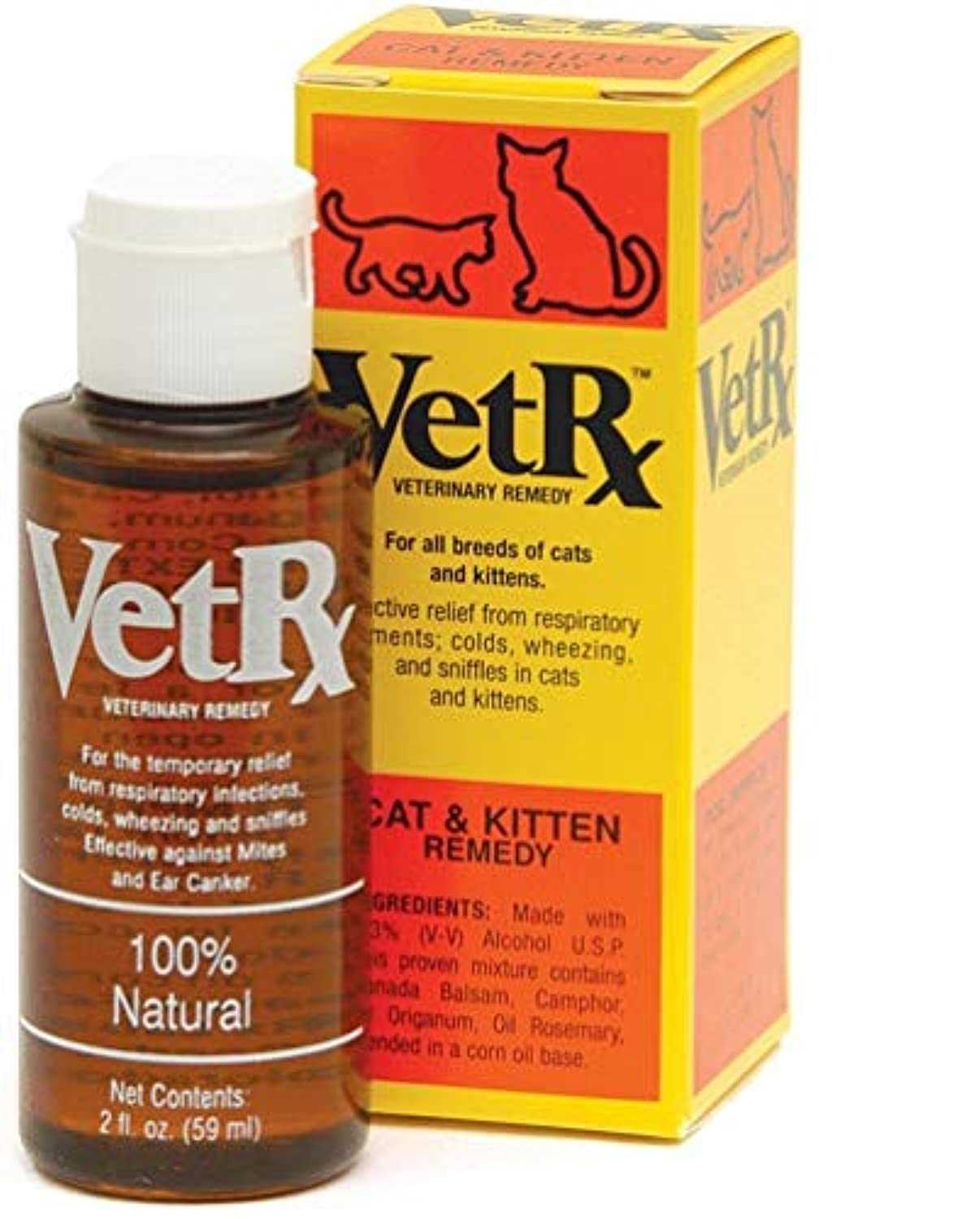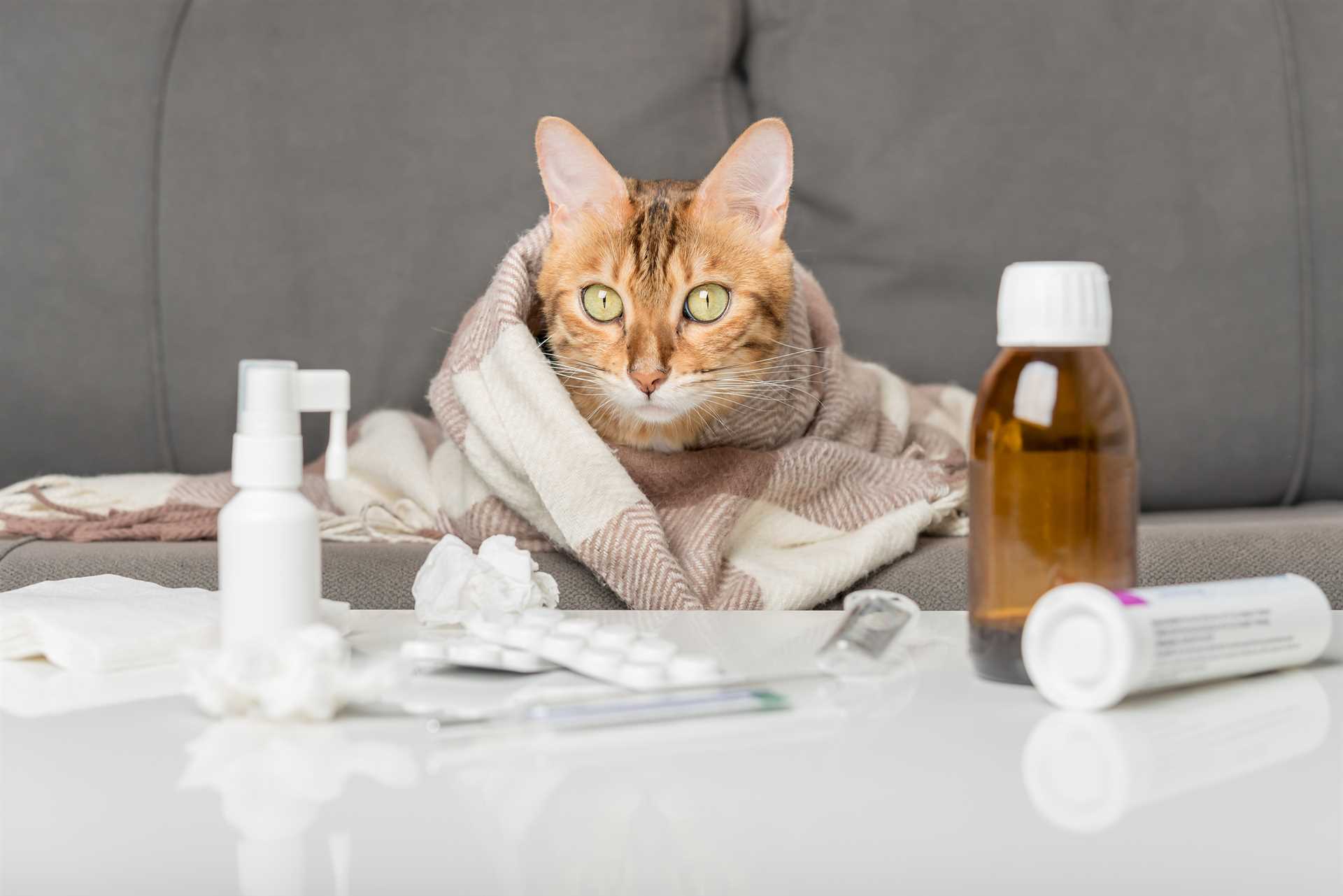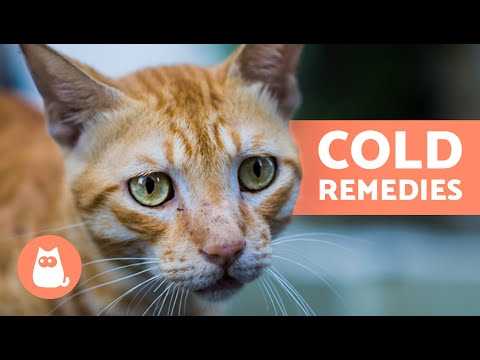



As a savvy eight-year-old Scottish Fold, I’ve navigated through the ups and downs of health challenges. If your furry friend shows signs of respiratory distress, a few remedies can alleviate discomfort. My go-to includes a vet-recommended product specifically formulated for upper respiratory issues in felines.
Over-the-counter options like L-lysine can assist in boosting the immune system and reducing symptoms associated with viral infections. However, always consult with a veterinarian before introducing any new supplement to ensure safety and appropriateness for your pet’s specific condition.
Keeping your environment humidified can also provide comfort. Consider using a humidifier to ease breathing or creating a steam room by running a hot shower and letting your companion sit in the bathroom for a few minutes. Hydration is equally important; ensure fresh water is always available to help prevent dehydration.
Lastly, monitoring your companion’s appetite is essential. Offering warm, palatable food can encourage eating, which is crucial for recovery. If symptoms persist or worsen, seeking veterinary care is paramount to ensure your beloved pet receives the attention they need.
Recommended Treatments for Feline Respiratory Issues
First off, consult a veterinarian to get a proper diagnosis before trying anything at home. If the vet confirms a respiratory issue, they might suggest specific remedies tailored to my needs. Over-the-counter products designed for humans should be avoided, as they can be harmful.
In some cases, vets might recommend using antihistamines like diphenhydramine, but only under their supervision. Dosing varies based on weight, so professional guidance is key. For symptoms like congestion, a humidifier in the room can help ease breathing.
Supportive Care
Hydration is crucial. Encourage water intake by offering fresh, clean water regularly. Some cats prefer running water, so a pet water fountain might entice them to drink more. Warm, moist food can also help with hydration and provide comfort.
Rest is vital. Create a cozy space for relaxation, away from noise and other pets. A quiet, warm blanket can make a big difference in recovery.
Monitoring and Follow-Up
Observe symptoms closely. If things worsen or new signs appear, a follow-up visit to the vet is necessary. Keeping a close eye on appetite, energy levels, and any changes in behavior helps in assessing recovery.
Remember, while some treatments can ease discomfort, professional advice remains the best approach for any health issue.
Recognizing Cold Symptoms in Cats
If you notice sneezing, runny nose, or watery eyes in your feline friend, these could be signs of a respiratory issue. An increase in coughing or wheezing may also indicate discomfort. Look out for changes in behavior, such as lethargy or decreased appetite. A warm, dry nose can be another indicator, although it’s not definitive.
Keep an eye on your buddy’s grooming habits. If your usually meticulous pal is neglecting their coat, that’s a red flag. Monitoring for any unusual sounds when they breathe, like wheezing or rattling, is also important. These symptoms could signal a more serious condition, so it’s wise to consult a veterinarian.
While observing these signs, ensure your kitty stays comfortable at home. I recommend creating a cozy space with the best sofa fabric for cats with claws to help them relax. Hydration is key, so encourage drinking water and consider encouraging them to eat with gentle, enticing smells, similar to how to cook portobello mushrooms in cast iron skillet, which can stimulate their appetite.
Safe Over-the-Counter Medications for Cats

When feeling under the weather, there are a few remedies that might help ease discomfort. Here’s a list of options that I recommend checking with your human before use:
- Dimenhydrinate: This antihistamine can reduce allergy symptoms and help with nausea. Dosage is important, so consult a vet for the right amount.
- Diphenhydramine: Another antihistamine that may alleviate sneezing and runny noses. Again, proper dosage is crucial.
- Saline nasal drops: These can help clear nasal passages. A few drops in each nostril can provide relief from congestion.
- Steam therapy: While not a medication, inhaling steam can help soothe respiratory issues. Your human can run a hot shower and let me breathe the steam in a safe space.
Always Consult a Veterinarian

It’s essential that my human checks with a vet before trying any new treatments. Not all remedies are suitable for every feline, and some may cause more harm than good.
Home Remedies
In addition to over-the-counter options, a few home remedies may provide comfort:
- Warm chicken broth: A tasty way to stay hydrated and nourish me when my appetite is low.
- Honey: A small amount can soothe a sore throat, but make sure it’s safe for my age and health status.
Staying comfortable and hydrated is key to recovery, so my humans should monitor my intake and overall well-being closely.
Home Remedies to Alleviate Cold Symptoms
A warm, humid environment helps ease discomfort. You can create a steam room by running a hot shower and letting your furry friend relax in the bathroom for about 10-15 minutes. The steam can help clear nasal passages.
Ensure hydration by providing plenty of fresh water. Warm water may encourage sipping, especially if your buddy isn’t feeling well. Adding a bit of low-sodium chicken broth can entice them to drink more.
A nutritious diet is crucial. Offering soft, easy-to-eat foods makes it simpler for a sick companion to consume enough calories. Consider warming the food slightly to enhance aroma, encouraging your pet to eat.
Honey can soothe a sore throat. If your buddy is over one year old, a small amount of honey can be mixed with food. It has natural antibacterial properties that may help in easing throat irritation.
Herbal remedies like chamomile can be beneficial. Brew chamomile tea, allow it to cool, and offer it in small amounts, either in their water bowl or soaked into food. Chamomile is known for its calming effects.
Keeping your companion warm and comfortable is essential. Provide cozy blankets or a favorite spot to curl up, as this can help them feel more secure while recovering.
Monitor behavior closely. If symptoms persist or worsen, consulting a veterinarian is advisable to ensure proper care and recovery.
When to Consult a Veterinarian
If symptoms persist beyond a few days or worsen, it’s time to seek professional help. Signs like difficulty breathing, excessive lethargy, or refusal to eat warrant immediate attention. A fever or unusual discharge from the eyes or nose indicates a need for expert evaluation.
Monitor for dehydration, which can be serious. If your furry friend drinks little water or shows signs of dry gums, a vet visit is necessary. Additionally, if coughing or sneezing becomes frequent, or if there’s a change in behavior, don’t hesitate to reach out for assistance.
Should your adorable companion have pre-existing health issues, consult a veterinarian sooner rather than later. Any changes in their usual habits or health status should not be ignored. It’s always better to err on the side of caution, ensuring the well-being of your beloved pet.
Preventive Measures to Avoid Future Colds

Maintaining a warm and draft-free environment is key. Ensure that my resting areas are cozy and shielded from chilly air. A soft blanket in a quiet corner can work wonders for comfort and warmth.
Regular grooming reduces shedding and dander, which can irritate the respiratory system. A weekly brushing session helps keep my fur in top shape, minimizing allergens in the home.
Balanced nutrition plays a critical role in supporting my immune system. High-quality food rich in vitamins and minerals strengthens my defenses against illnesses. Fresh water should always be available to keep me hydrated.
Stress Reduction Techniques
Creating a calm atmosphere reduces stress that may weaken my immune response. Engage in interactive play sessions to keep me mentally stimulated and happy. Providing safe spaces where I can retreat also helps maintain my peace.
Routine Vet Check-ups
Regular visits to the vet ensure that I stay healthy. These check-ups can catch any potential health issues early and help keep my vaccinations up to date. Preventive care is essential for long-term well-being.








